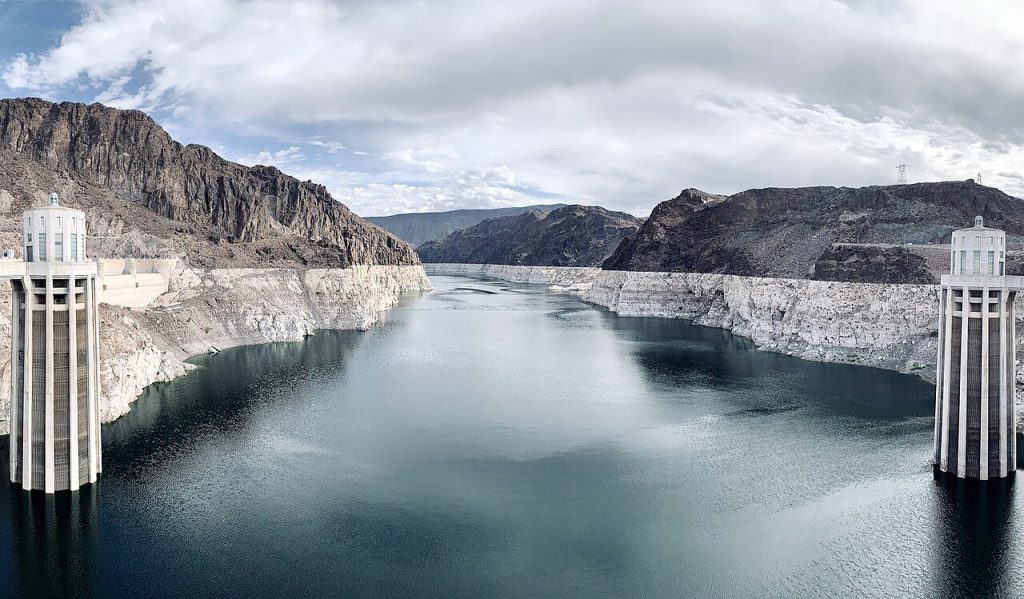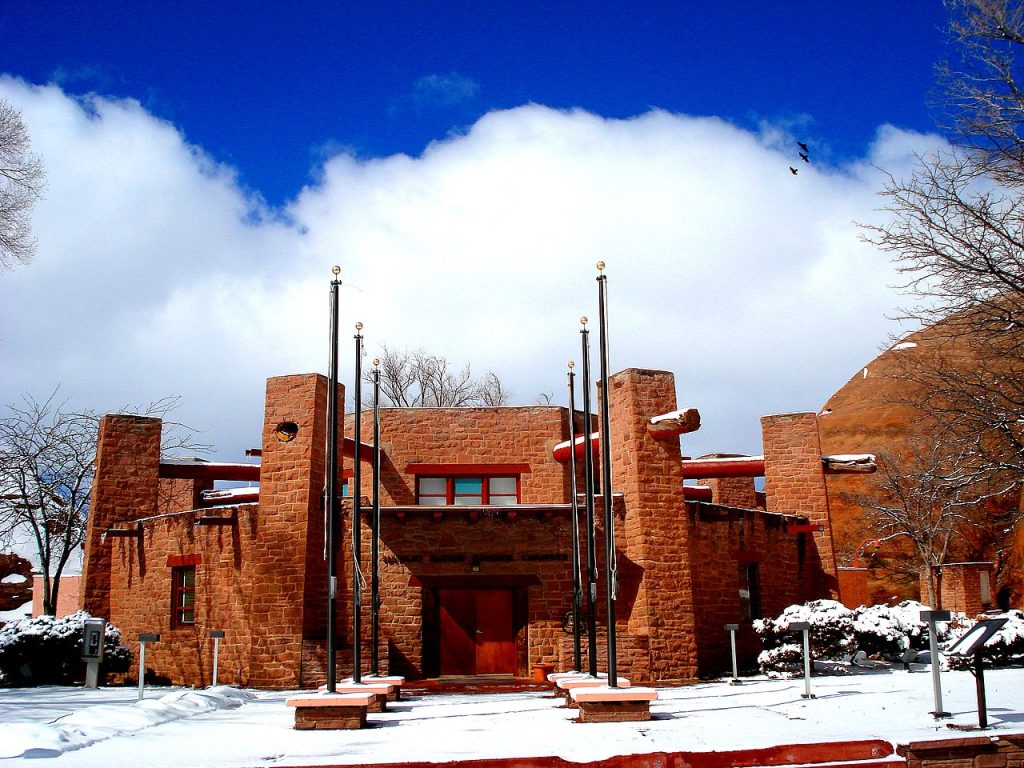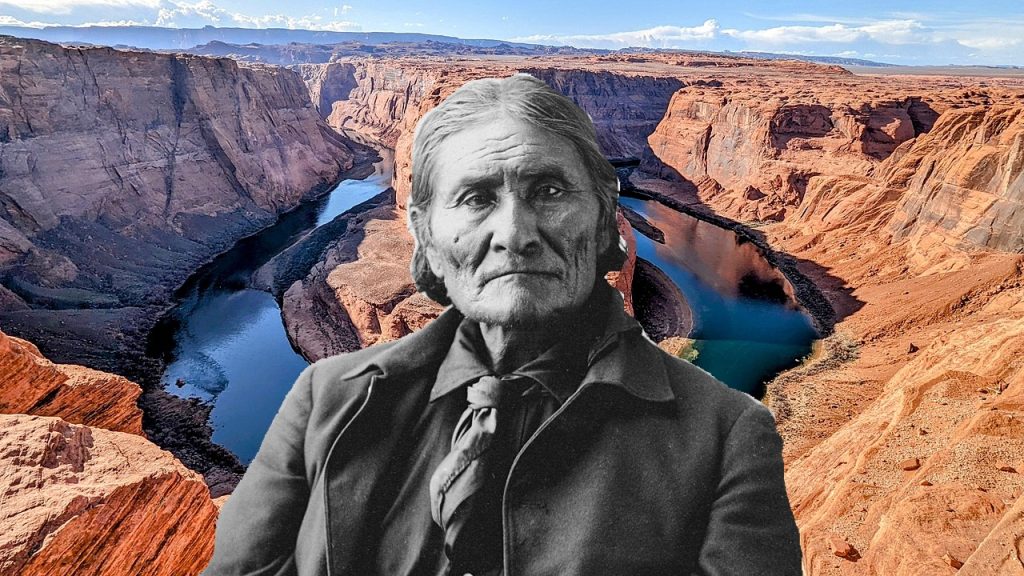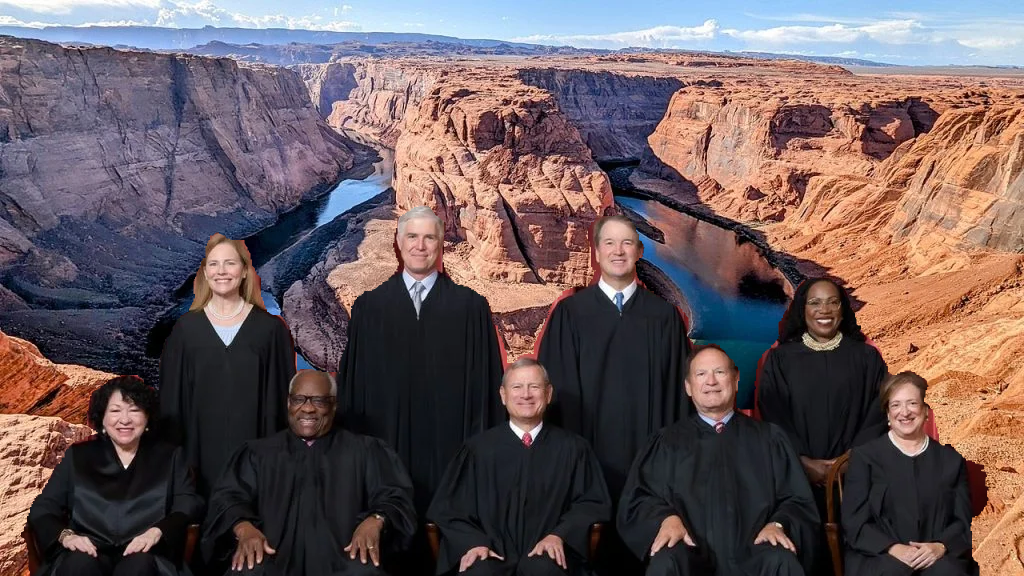In a significant ruling today, the U.S. Supreme Court rejected a proposed settlement between New Mexico and Texas over the management of the Rio Grande’s waters. The 5-4 decision complicates ongoing efforts to resolve long-standing disputes over how New Mexico, Texas, and Colorado share this critical water source. The proposed settlement, which aimed to ensure that New Mexico delivered a fair share of water to Texas while addressing groundwater pumping concerns, was supported by Colorado and recommended by a federal judge overseeing the case.

Chief Justice John Roberts and Justices Ketanji Brown Jackson, Elena Kagan, Sonia Sotomayor, and Brett Kavanaugh voted to reject the settlement. They concluded that the agreement failed to address the federal government’s claims regarding New Mexico’s groundwater usage and its impact on the Rio Grande’s surface water supplies. Justice Jackson, writing for the majority, emphasized that the federal government’s oversight is essential for effective water management and that the settlement would undermine its role.

Dissenting were Justices Neil Gorsuch, Clarence Thomas, Samuel Alito, and Amy Coney Barrett. Justice Gorsuch argued that the settlement represented a fair compromise, balancing the interests of New Mexico and Texas while allowing for continued federal reclamation operations. He expressed concern that rejecting the agreement would expand the federal government’s role and prolong litigation, rather than fostering cooperative water management solutions among the states.

Today’s decision underscores the complexities of managing water resources in the Western United States, where interstate disputes and federal oversight often intersect. It also highlights the ongoing challenges for Native American tribes and other stakeholders who depend on the region’s water supplies. As the West faces increasing water scarcity due to climate change and prolonged drought, effective and equitable water management has become more critical than ever.

This ruling comes two years after another major Supreme Court decision involving water rights on the Colorado River. In 2022, the Court ruled against the Navajo Nation’s effort to compel the federal government to secure water for their reservation. The Navajo Nation, citing severe water shortages and the historical treaties of 1849 and 1868, argued that these agreements implied a federal obligation to ensure water supplies essential for their community’s survival.

The Court, however, ruled 5-4 that the treaties did not impose an explicit duty on the federal government to provide water for the Navajo Nation. Justices Neil Gorsuch, Clarence Thomas, Samuel Alito, and Amy Coney Barrett dissented, advocating for a broader interpretation of the treaties and emphasizing the federal government’s trust responsibility to the Navajo people. They underscored the severe water needs of the Navajo Nation, where many households lack running water and must travel long distances to collect it.

Justice Brett Kavanaugh, writing for the majority in the Navajo Nation case, was joined by Chief Justice John Roberts, and Justices Elena Kagan, Sonia Sotomayor, and Ketanji Brown Jackson. The majority held that while the treaties guaranteed certain rights, they did not explicitly require the federal government to take proactive steps to secure water. This decision highlighted the legal and practical challenges Native American tribes face in securing resources promised by historical agreements.

Both the Navajo Nation ruling and today’s Rio Grande decision reflect the ongoing struggles of Native American tribes to secure their water rights amidst competing demands and legal constraints. These rulings also illustrate the broader complexities of interstate water disputes and the critical role of federal oversight in ensuring fair and sustainable water allocation.

As water scarcity becomes an increasingly urgent issue in the Western United States, these Supreme Court decisions underline the need for comprehensive and collaborative approaches to water management. Ensuring that Native American tribes have a meaningful voice in these discussions is vital to achieving sustainable and equitable solutions. The legal and political battles over water rights are far from over, and the decisions made today will shape the future of water use and resource management across the region.

For Native American communities, these rulings mean continued advocacy and negotiation to protect their water rights and livelihoods. As they navigate the complexities of historical agreements and modern legal interpretations, their role as crucial stakeholders in water management will be essential in addressing the challenges posed by climate change and increasing demand.





